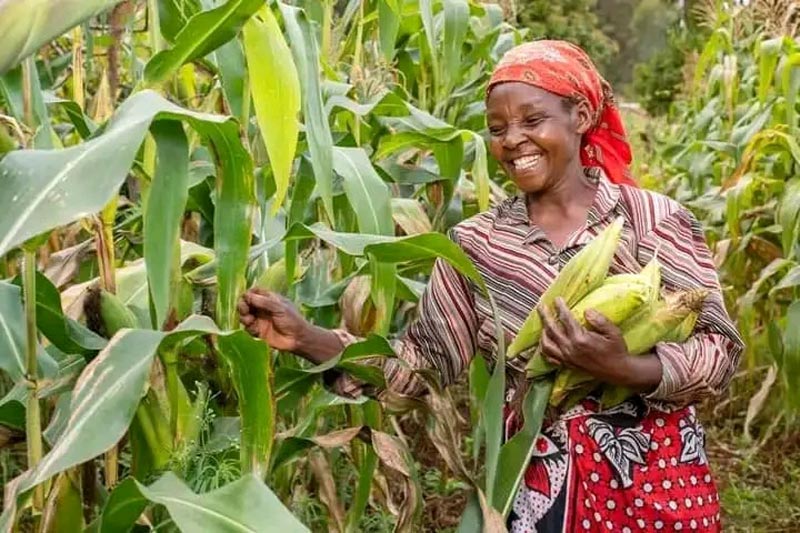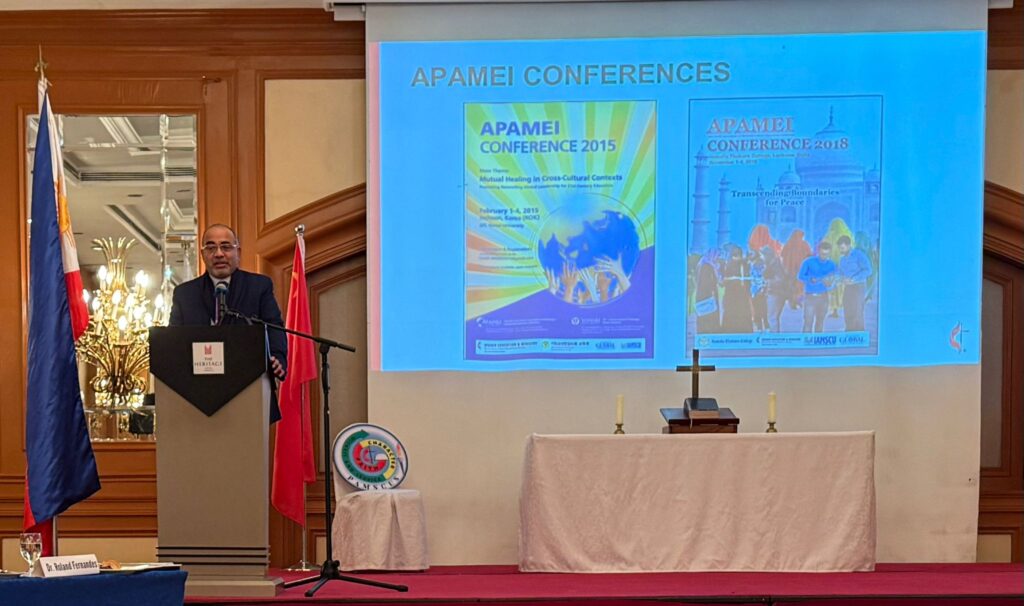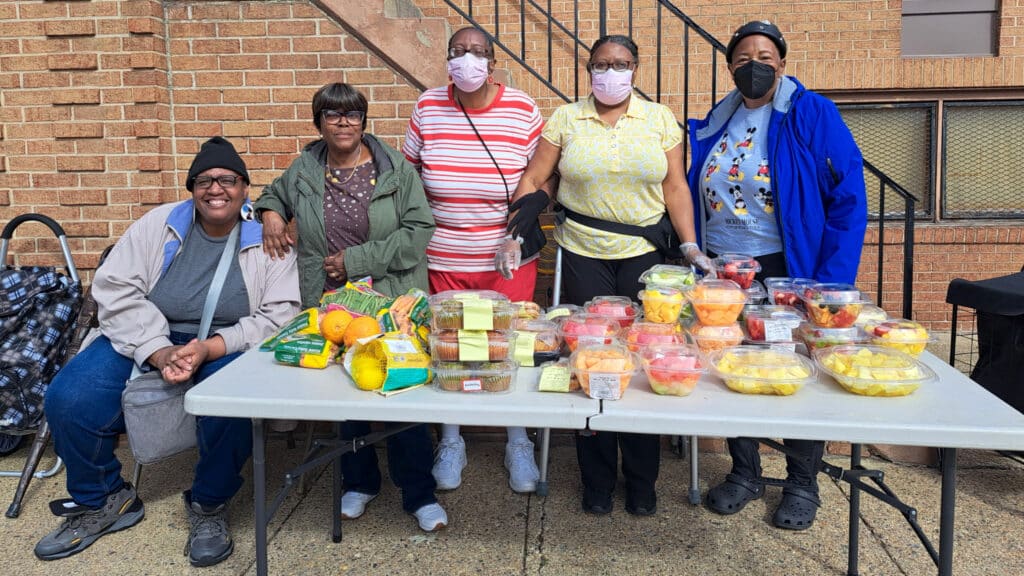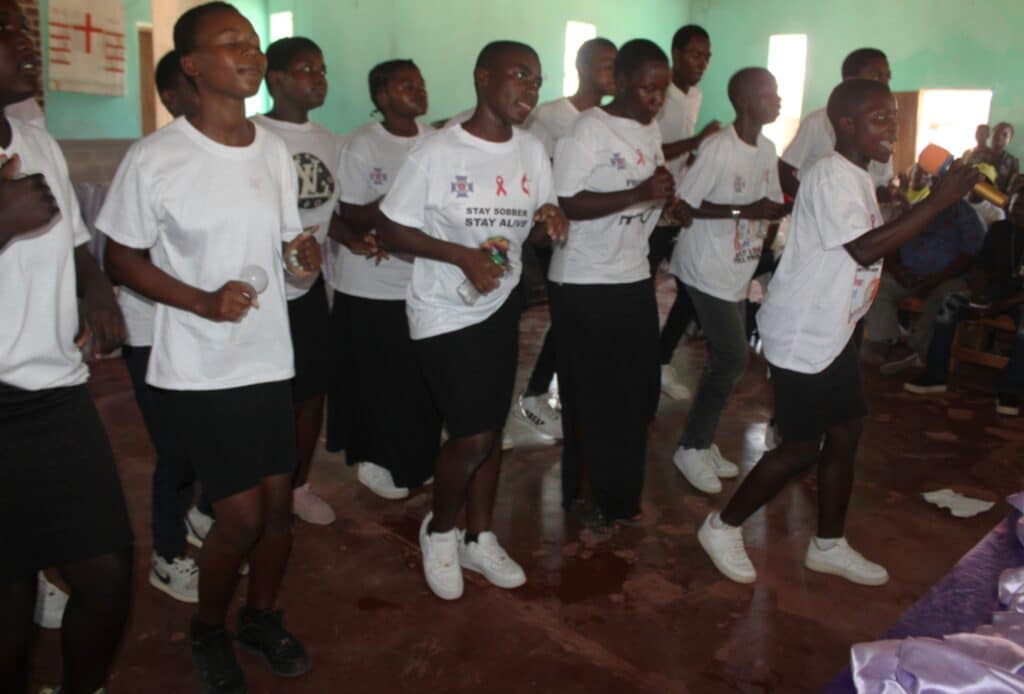ATLANTA — According to the World Health Organization, nearly 40 million people were living with HIV globally in 2023. Of that number, 630,000 died from HIV-related causes. And over 1.3 million people contracted the virus that year.
Despite decades-long advances in prevention, testing, treatment and advocacy of this preventable disease, there is still much work to be done to eradicate HIV and AIDS.
Global Ministries’ Global Health unit supports Maternal Newborn and Child Health (MNCH) programs in African countries where HIV has taken a particularly harsh toll. These programs in Sierra Leone, Liberia, Nigeria and the Democratic Republic of the Congo (DRC) – all managed within UMC health facilities – are designed to protect pregnant women and children from the devastating impacts of HIV by routinely testing for the virus and preventing mother-to-child transmission.
Many of these women come from rural communities, working tirelessly on small family farms while raising children as husbands seek work in larger cities. There is often not enough food to go around, and fetching water can mean a long, arduous walk. While health care centers are within reach, the life-saving treatment needed for HIV – antiretrovirals – can be a bus ride away and for many, this journey is simply unaffordable.
In the poorest district of Uganda, Kamuli, the landscape is similar. Access to health care, safe and clean water, education and income generating activities are slim. Around 19% of the population live with HIV, with the numbers rising among teenagers and women.
The converging realities of poverty and stigma led Inclusive Mission for Health and Hope (IMHH), a community-based Christian organization with ties to the UMC, to find an innovative way to empower single mothers and marginalized youth who have been disproportionately affected by HIV and AIDS. With support from Global Ministries, IMHH supported 70 participants with training, seeds and small livestock to develop their farming skills and establish sustainable livelihoods.
The training sessions were practical: participants learned modern farming techniques, including how to establish home gardens with vegetables, maize, bananas and tomatoes. They were taught how to choose quality seeds, plant in lines, apply fertilizers to increase production and pesticides to decrease disease. Additionally, goat rearing through zero grazing was introduced as a means of improving household food security and providing a viable income.
Participants like Oyunai and Namuli Jeniffer found success. They excelled in tomato farming, from preparing nursery beds to transplanting, and their harvests allowed them to start small businesses at the local market. These businesses have provided a steady source of income, allowing them to meet their families’ basic needs and work toward a better future.
The initiative doesn’t stop at farming. Recognizing that many rural areas also lack access to marketable skills, training in tailoring, hairdressing, carpentry, crafts and small business management was also offered. With the help of micro loans to purchase equipment, beneficiaries like Kaudha, a single mother, have been able to apply her skills in hairdressing and earn up to $2 a day—enough to support her two children and ensure they have food on the table.
Through improved farming methods and the acquisition of new skills, households are not only more food-secure, but individuals are empowered both personally and economically.
And the ripple effect is evident: families are breaking free from the cycle of poverty, and in time, will be able to provide employment for others, creating a stronger, healthier and more resilient community.
In recognition of World AIDS Day on Dec. 1, 2024, we celebrate the ways in which the UMC is helping women living with HIV and AIDS to thrive and live abundant lives.
Global Health
With United Methodist conferences and health boards, Global Ministries works to strengthen networks of health facilities, from the revitalization of buildings and staff training to improving water supply, developing sanitation services and promoting nutrition. The Global Health unit focuses on the health of women and children and responds to diseases like malaria, HIV and AIDS, and Mpox. Learn more.
Planned Giving
Leave a legacy of hope and healing through a planned or estate gift.
Support an Advance Project or MissionaryFind a missionary or project that matches your passion and interest.
Special Sunday Offerings
[Body lorem ipsum dolor sit amet, consectetur adipiscing elit nunc vulputate libero.]
Looking for another way to give? View all ways to give




